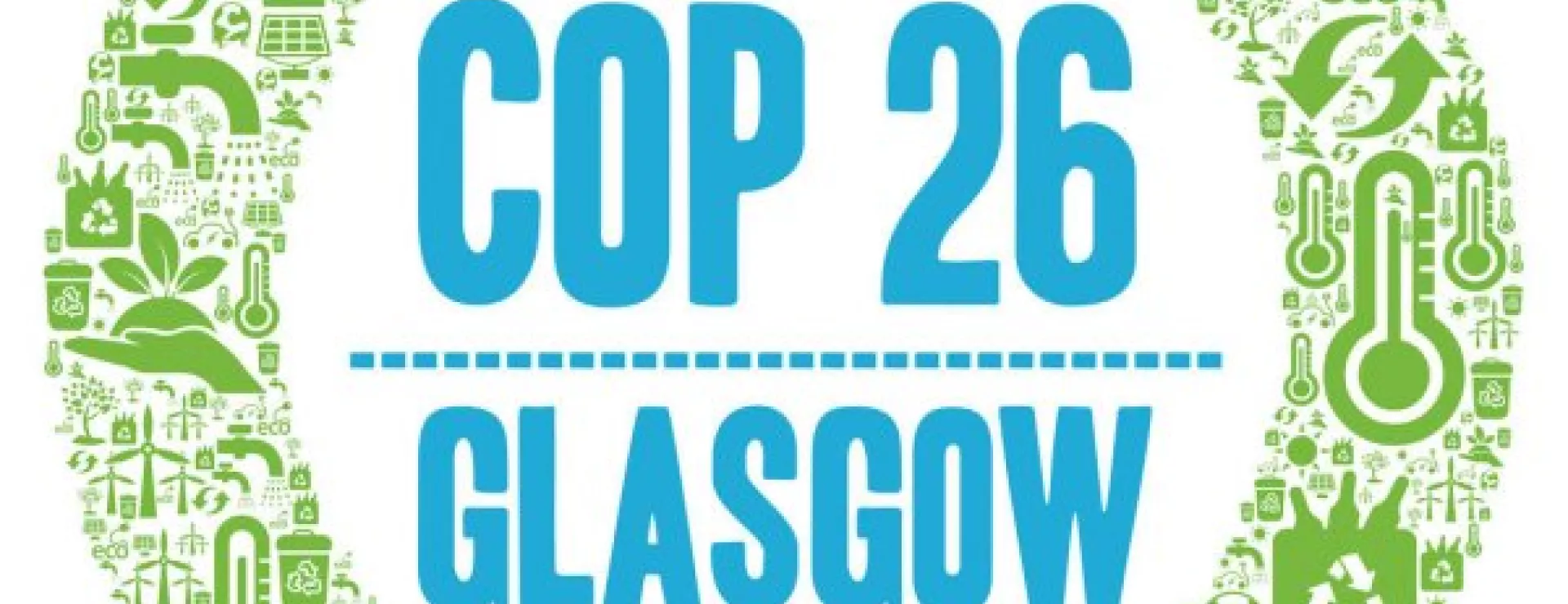Wednesday 10th November 2021, 16h-17h30 GMT (17h-18h30 CET)
COVID-19 will likely be a forerunner of future catastrophic pandemics, fueled by global warming and biodiversity losses, unless significant new investments and reforms are urgently made to bolster global and national capacities to build resilient adaptative systems for pandemic preparedness and rapid response. The crisis has indeed showcased the massive vulnerabilities of our economies and societies. It also illustrated the need to do more to address the interlinkages at the heart of the economic, social, climate and security agendas. Indeed, most countries are unprepared and lack the resilience needed to manage multiple crises simultaneously. To face those mutually reinforcing risks and avoid jeopardizing development gains and prospects, the resilience of societies, institutions and territories must be strengthened, so they can better cope with shocks and uncertainty.
In this regard, the pandemic revealed a fundamental lack of preparedness around the world, even among countries that scored well on existing preparedness ratings. New investment is essential to assure that we are better able to identify and manage pandemic threats in the future. Momentum is building for significant investment in pandemic preparedness (G20 High Level Independent Panel (HLIP) on Financing the Global Commons for Pandemic Preparedness and Response, the Independent Panel on Pandemic Preparedness and Response, and the Pan-European Commission on Health and Sustainable Development.)
It will notably elaborate on the following key aspects identified by the G20 HLIP to financing our global health commons:
- Engaging urgently the global investments and reforms that are critically needed to head off future pandemics -and other health consequences of climate change-, which threaten to be more frequent and increasingly dangerous. public funding increase in international financing of at least US$75 billion over the next five years, or US$15 billion per year, to plug major gaps in pandemic prevention and preparedness ― at least doubling current spending levels.
- Responding to four pressing preparedness gaps: infectious disease surveillance, resilience of national health systems, global capacity to supply and deliver vaccines and other medical countermeasures, and global governance.
- Establishing a new US$10 billion annual Global Health Threats Fund plus US$5 billion a year to increase funding of existing international institutions, including to strengthen the World Health Organization (WHO) and create dedicated pandemic preparedness concessional financing windows in the World Bank’s International Development Association (IDA) and Multilateral Development Banks (MDBs).
- Creating a new Global Health Threats Board, which would bring together Finance and Health Ministers and International Organizations to provide systemic financial oversight and ensure timely and effective resourcing and coordination of international efforts to mitigate pandemic threats.
The event takes place under the umbrella of the Coalition for Social Investment, a key platform launched during the 1st edition of the "Finance in Common" summit in 2020. The Coalition participated most recently in the 2021 edition, which took place under the Italian G20 Presidency and brought together over 500 Public Development Banks and other stakeholders. This inclusive initiative is co-led by CEB and AFD, and brings together sponsors (ILO, UNDP, WHO), members (AADFI, ALIDE, BOAD, FONPLATA, TSKB and WFDFI) and participants convinced that social investments are key for a sustainable, inclusive and resilient recovery, and willing to act together to increase the volume and the quality of social investments worldwide.
This event will amplify those messages, with a view to recalling the need to establish and prioritize population-based functions to support the full range of emerging threats, highlighting the interconnectedness of the pandemic preparedness and the climate change agenda, and renewing calls for global action to invest in global health commons as a core adaptation strategy.
Speakers:
- Agnès Soucat, Head of Health and Social protection, AFD – in-person
- Amanda Glassman, Executive Vice President and Senior Fellow, Center for Global Developmente – remote
- Ana Botin, Member of the HLIP (TBC) – remote
- Susan Sparkes, Health Systems Governance and Financing, WHO – remote
- Kristie L. Ebi, Professor, Center for Health and the Global Environment (CHanGE), University of Washington – remote
- Outi Kouiniasveni, Director for International Affairs, Ministry of Social Affairs and Health, Finland – remote
- Tolbert Nyenswah, Senior Research Associate, Johns Hopkins University and former Deputy Minister of Health for Disease Surveillance and Epidemics Control, Liberia – remote
- Ajay Shah, xKDR Forum – remote
